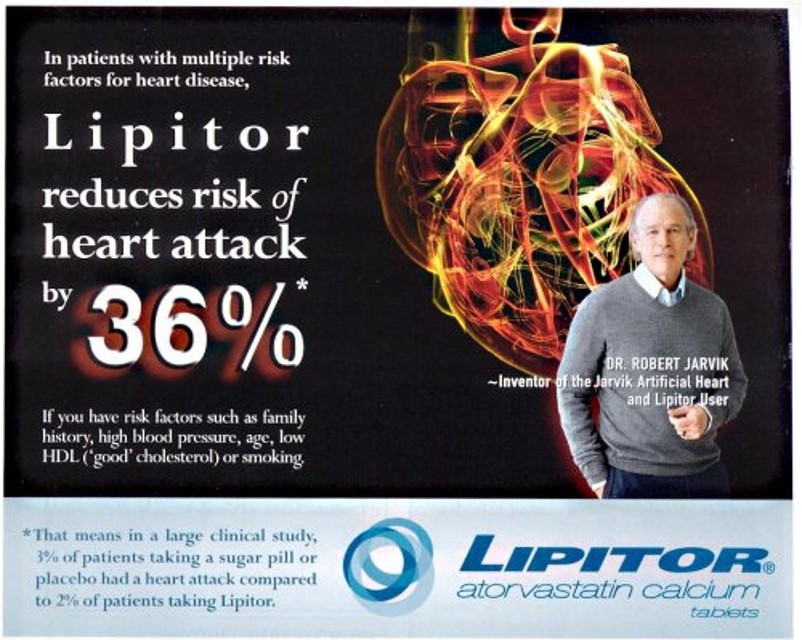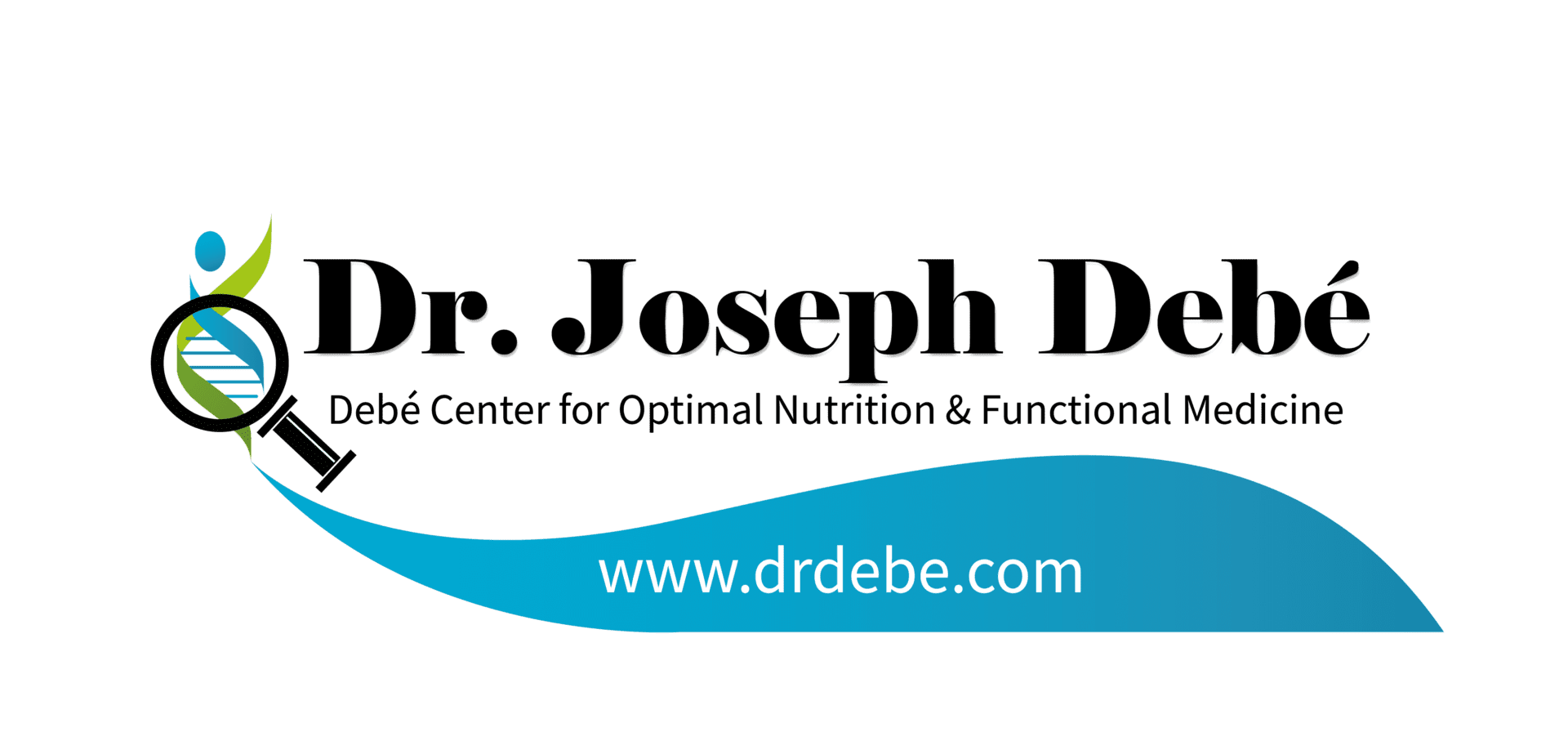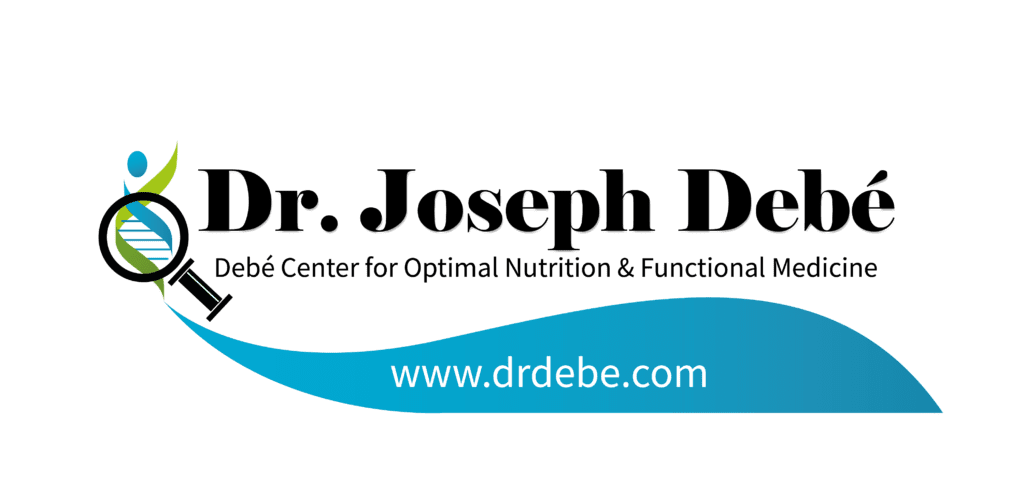“Most patients with heart disease do not have a classic lipid disorder.”
I heard those words spoken last night by a leading researcher in cholesterol and heart disease. I had the distinct pleasure of attending a lecture by world-expert Dr. Robert Superko entitled, “Going Beyond LDL: The Scientific Evidence”.
Dr. Superko started off the evening by stating that he did not give presentations for drug companies and that the reason why would become apparent as the lecture went along. The reason turned out to be that the evidence does not support the claim that everyone should be on a statin (cholesterol-lowering drug). What’s more, Dr. Superko went into the statistical deception used by drug companies to fool even doctors into thinking these drugs are more effective than they really are.
In future newsletters, I will be discussing a number of critical subjects covered by Dr. Superko, including:
- Natural treatments that are more effective than cholesterol-lowering drugs
- The best tests for heart disease (that you probably have not had done)
- The effective dosage of fish oil for heart health
If your LDL cholesterol is above 130, your doctor will likely recommend you take a cholesterol-lowering drug referred to as a “statin”. If your cholesterol drops into the normal range, your doctor may be happy but you should not have a false sense of security.
Although statin drugs are quite effective in lowering LDL (so-called “Bad”) cholesterol, that does not mean they will spare you from a heart attack. Seventy percent of people who die of a heart attack have normal LDL cholesterol levels!
Drug companies use statistical deception to make the statin drugs appear more effective than they are. They discuss the relative risk reduction rather than absolute risk reduction as far as protection against heart attack and stroke.

A 36% reduction in heart attack risk sounds pretty impressive. However, take a look at the fine print: “*That means in a large clinical study, 3% of patients taking a sugar pill or placebo had a heart attack compared to 2% of patients taking Lipitor.” If you’re interested in avoiding a heart attack you’re not interested in the relative risk reduction (36%). You want to know how much protection the drug will give you against a heart attack.
For example, over the course of one study, the number of people in the placebo group who had a heart attack was 622. The number of people who were given the cholesterol-lowering drug Simvastatin who had a heart attack was 431. You can call this a 34% relative risk reduction. What it is, more importantly, is an absolute risk reduction of only about 9%. If you are one of the 431 people taking Simvastatin who has a heart attack, I don’t think you’ll take much solace in “your team” slightly out-performing the placebo team. Looking at data from a number of studies using statin drugs, the overall relative risk reduction was about 25% and the absolute risk reduction was only about 3.4%.
Maybe the cholesterol reduction needs to be even greater to more effectively prevent heart attacks and death; or so goes the thinking behind new drugs in this field. One recent study gave two groups of people statin drugs. Half of those people were given a placebo injection, the others were injected with a newer type of cholesterol-lowering drug: a PCSK9 monoclonal antibody. In the PCSK9 group the LDL cholesterol dropped from 92 to 30 mg/dl – an extremely low level. The number of people in the placebo group who suffered a heart attack was 1563. The number of people in the PCSK9 group who had a heart attack was 1344. This is an absolute risk reduction of 1.5% – not very impressive despite the very impressive reduction in LDL cholesterol.
Clearly, there is a limit to the heart-protective benefits of LDL cholesterol loweing. Many people (including some doctors) believe that LDL cholesterol is the cause of heart disease. In actuality, it is a minor player. In the very near future I will cover some of the more important factors that should be evaluated. One other thing the drug companies don’t want you to know: most of the effective interventions don’t require a prescription!


